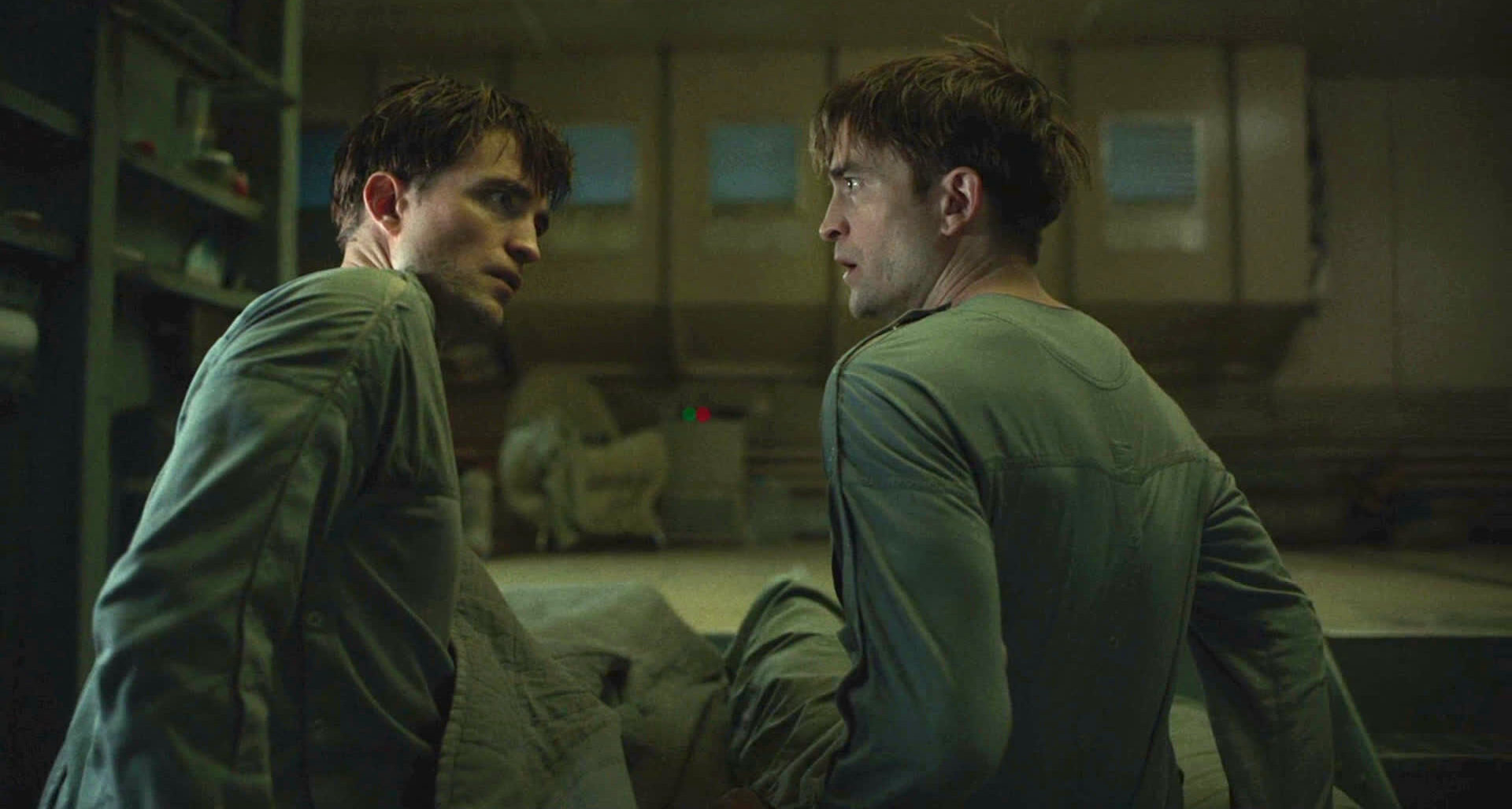Carah Allen ’26
Webmaster
Challengers led the tide of 2024 movies as the rise of bisexuality surged throughout popular culture, and Mickey17 continues the revolution but with a funky twist—selfcest! The thought of two shirtless Robert Pattinsons as a fantastical escape during boring lectures isn’t just a wild daydream; it’s the vivid reality brought forth in Bong Joon Ho’s latest cinematic venture.
However, Mickey17 isn’t just about indulging in double the RPattz; it’s also a whimsical, political satire that cleverly unpacks the terrors of capitalist greed, imperialism, and the commodification of the body.
Adapted from Edward Ashton’s 2022 science fiction novel, Mickey7, the film serves as Bong’s follow-up to his Oscar-winning masterpiece, Parasite. Bong was captivated by the original manuscript he received in 2020, and the thought of Robert Pattinson as his main lead propelled him to bring the story to the big screen.
While some may focus on the film’s modest box office turnout, Mickey17 stands out as a triumph of originality and artistic expression in an industry where no one seems to know how to properly light a scene anymore (Wicked shade, sorry). Mickey17 not only captivates with its story but also through its stunning visual composition. The immersive cinematography ensures that the audience are not just spectators but feel embedded within the unfolding story.
The true highlight of Mickey17 is Robert Pattinson’s thrilling performance. While Pattinson is most widely known for his work in Twilight, his acting chops have gone widely overlooked when considering he might be one of this generation’s strongest actors. However, Pattinson’s role in Mickey17 is a defining moment in his career, showcasing a range and depth that could permanently change the public’s perception of his skills.
Pattinson loses his posh, British accent for the voice of a pathetic cute little man as he plays Mickey Barnes — a disposable employee in a space expedition that gets his body reprinted every time he dies. Not only is his voice work phenomenal, but how Pattinson expresses himself as Mickey with pure physicality is wondrous. Pattinson plays both Mickey17 and Mickey18 simultaneously, and while the two characters are prints of the same person, there is an obvious distinction between the two. Pattinson brings a nuanced physicality to each version of Mickey, effectively using slight variations in posture, movement, and facial expressions to distinguish between the iterations of his character.
Joining Pattinson, Naomi Ackie shines as Nasha, Mickey’s strong and endearing love interest. Their chemistry simply oozed off the screen, reminiscent of a Scrippsie-Mudder couple — Ackie’s strong, fiery persona complementing Pattinson’s nerdy, endearingly pathetic demeanor. Together, they navigate the complexities of love amid Mickey’s recurring deaths, adding layers of romance and tragedy that tug at the audience’s heartstrings.
In addition to the compelling dynamics between Pattinson and Ackie, Mark Ruffalo plays Kenneth Marshall, the overseer and leader of the mission Mickey and Nasha are aboard. While Bong has mentioned the character was written with no specific ties to any real person, Ruffalo’s rendition of Marshall is clearly reminiscent of Donald Trump and is quite an obvious parody of fascist leaders.
Marshall has a key role in abusing power to manipulate and commodify human lives (such as Mickey’s) without showing any humanity towards Mickey, using him only as an asset. Ruffalo’s portrayal and the relationship between Marshall and Mickey reflects the current political climate of America and highlights the broader implications of unchecked authority and corporate greed.
While the film takes on a more comedic tone, the underlying messages are rich, delivering an important critique of current societal issues while also underscoring the importance of love and hope during difficult times.
Not to brag, but I did read the book before the movie (yes, I am better than all of you!), and the differences are quite stark but in the best way possible. The main weaknesses of the book lie within the emotional tone. A lot of the feelings displayed in the characters felt bland and didn’t resonate with me. The ending also felt very anticlimactic leaving me wishing there was more to it. However, Bong successfully turned these weaknesses into strengths by creating an emotionally-packed film with a satisfying ending.
However, some character depth was lost in the translation from book to movie. The book focuses a lot on Mickey’s inner conflict with dying and his struggle with the question: What does it mean to be human? We don’t get to see this inner conflict as much in the film, with the plot focusing mostly on the external conflict of having two Mickeys under a borderline fascist regime. It would have been interesting to dive more into Mickey’s character, but within a 2-hour time frame, there’s only so much you can do.
Overall, Mickey17 is a breath of fresh air in the midst of corporate slop and cash-grab movies. Mickey17 is not just a film, but a profound (and quite funny) exploration of identity, power, and resistance in the face of dehumanization and ignorance. As expected, Bong Joon Ho crafted an unforgettable cinematic experience that is a great follow-up to Parasite. His casting choice led to Robert Pattinson delivering a career-best acting performance and cementing his role as one of the greats in the acting industry.
Mickey17 is a must-watch and I really hope to see it during award season next year!
Now excuse me while I dream of being sandwiched between Mickey17 and Mickey18!
Rating: 4/5
Photo Courtesy of IMDb



